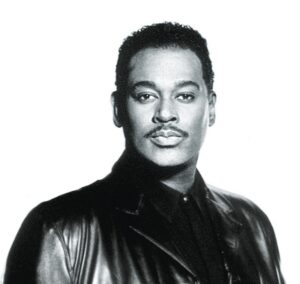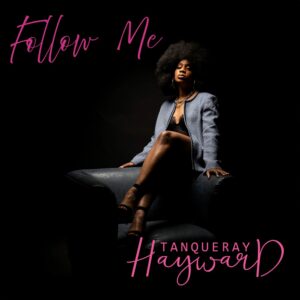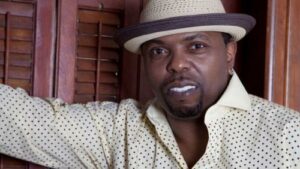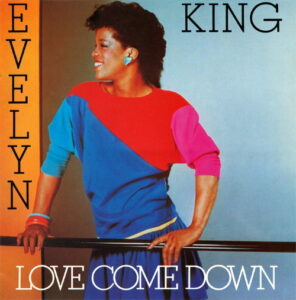Like many of the independent artists who gravitated to SoulTracks over the years, Jesse Fischer is a young man with an old soul. Fischer and Soul Cycle make jazz fusion music of the type that a radio listener might have heard in the 1970s and 80s. This is not smooth jazz in the Madison Avenue use of the term.
It’s easy to see what a creative person such as Fischer would find attractive about jazz fusion music. The genre merged jazz with R&B, funk and rock music. It did so by embracing the democratic and improvisational elements of jazz while incorporating the instrumental and production elements of the more contemporary and commercial popular R&B, funk and rock. R&B, and rock artists remained wedded to the pop formula, which called for songs to follow the verse/course/verse format and end in about four minutes. Fusion artists stretched their cuts well beyond those limits with instrumentals that featured solos and tempo changes. While jazz purists remained a stubbornly acoustic lot who considered anything more technical than a B3 organ to be heresy, fusion artists often employed multiple keyboards and synthesizers allowing them to create sounds that were not only new to jazz but often seemed to come from another planet.
Fischer, who was born in the 1980s, has a healthy respect for jazz, rock, funk and classic soul. He also has a comfort level with technology that many – but not all – of his elders may not possess. The ease in which Fischer and Soul Cycle combine the analog and digital world comes through on Retro Future, the latest project from this highly productive group.
Perhaps the best and. some might feel, controversial, example of Fischer’s comfort in the acoustic and electronic/digital worlds may be Soul Cycle’s cover of the Fleetwood Mac tune “Landslide.” I say controversial because some might view the number as too far of a departure from the original, but Fischer’s use of keyboards and autotune wrapped around his piano soloing give the track a hypnotic feel that drew me in.
Fischer manages to find a balance between creating distinct sounds on his keyboards and allowing his sidemen to improvise on Retro Future. That’s made a whole lot easier by the fact that the project includes first-rate instrumentalists. “Tenquery and Tonic” features a retro/future conversation between Fischer on the keys and his saxophonist as each pushes the other to be even more creative. Fischer gives the psychedelic anthem “Aquarius” a funk-meets-space-age makeover that is rounded out by Rachel Eckroth’s rock-influenced vocal, while “Digital Savanna” places a firm footing in the atmospheric jazz/funk made famous by Herbie Hancock.
Us old folks like to complain that young folks don’t know their history. However, Fischer’s history defies such stereotyping. Soul Cycle’s last record, Homebrew, had more of an alternative soul feel. Retro Future stands as Fischer’s expression of love for 1970s jazz-fusion and digital technology. Both projects reveal Fisher as an artist who is willing to look forward while also reach back into the musical archives to develop a catalog that is challenging, accessible and highly entertaining. Recommended.
By Howard Dukes









